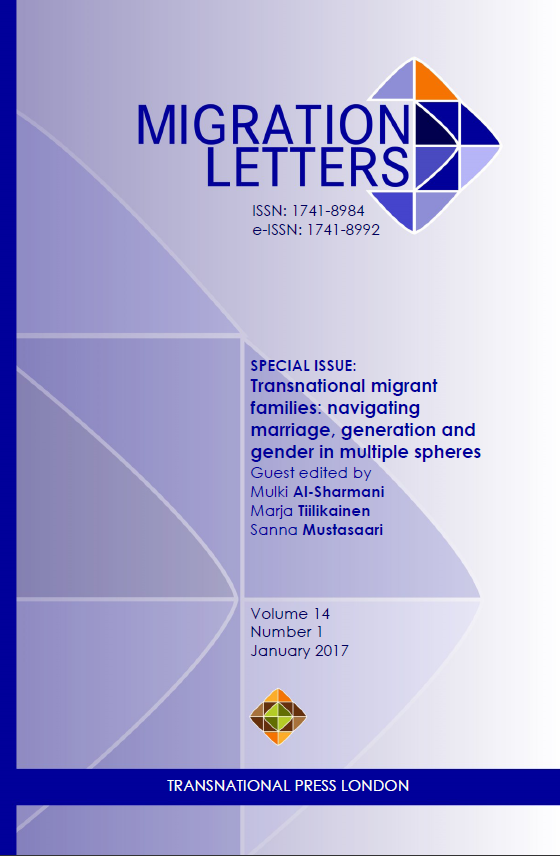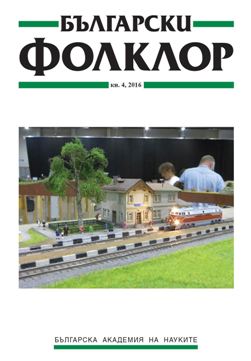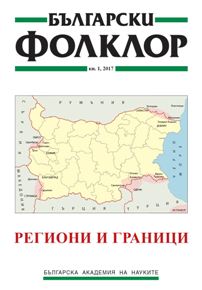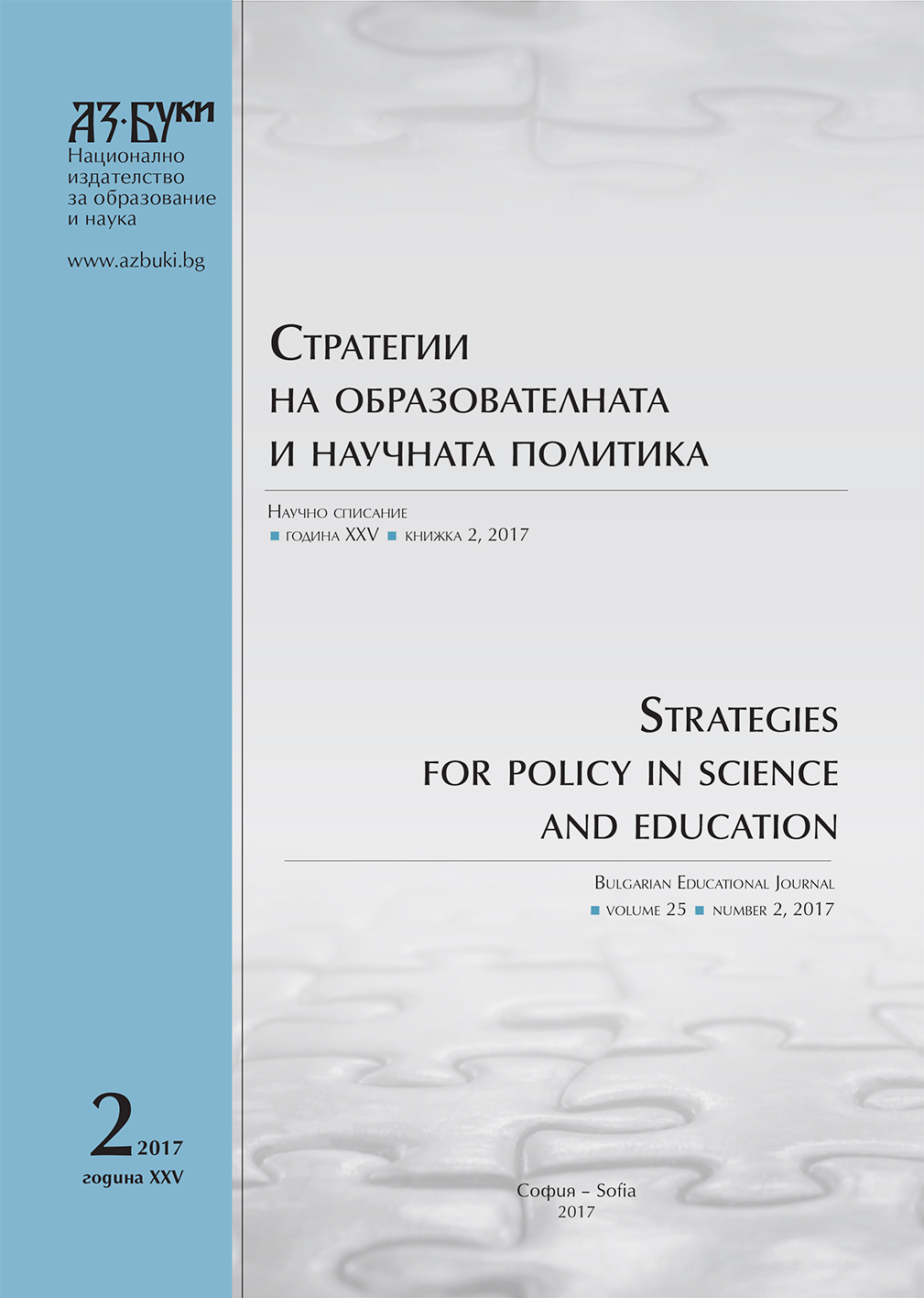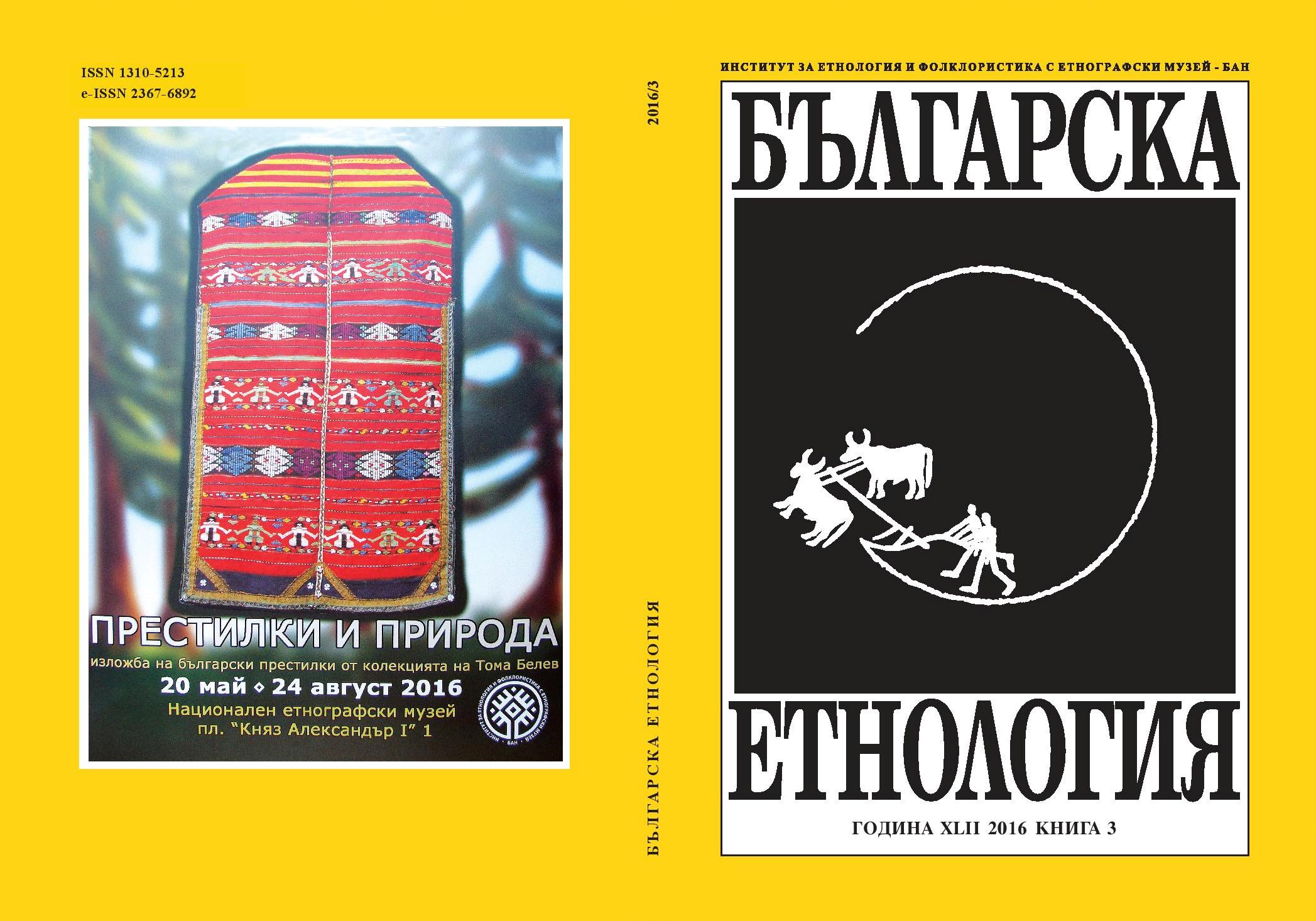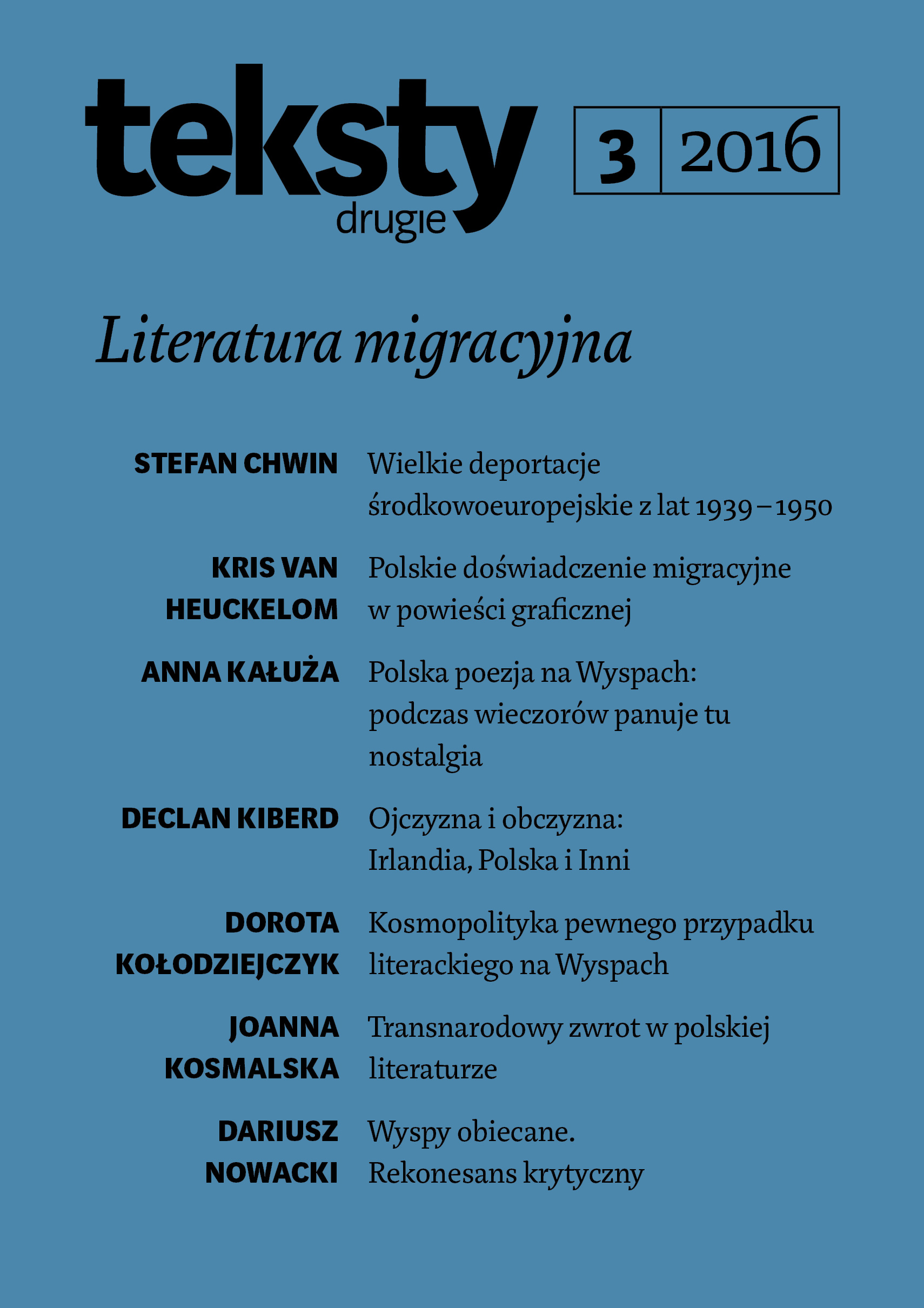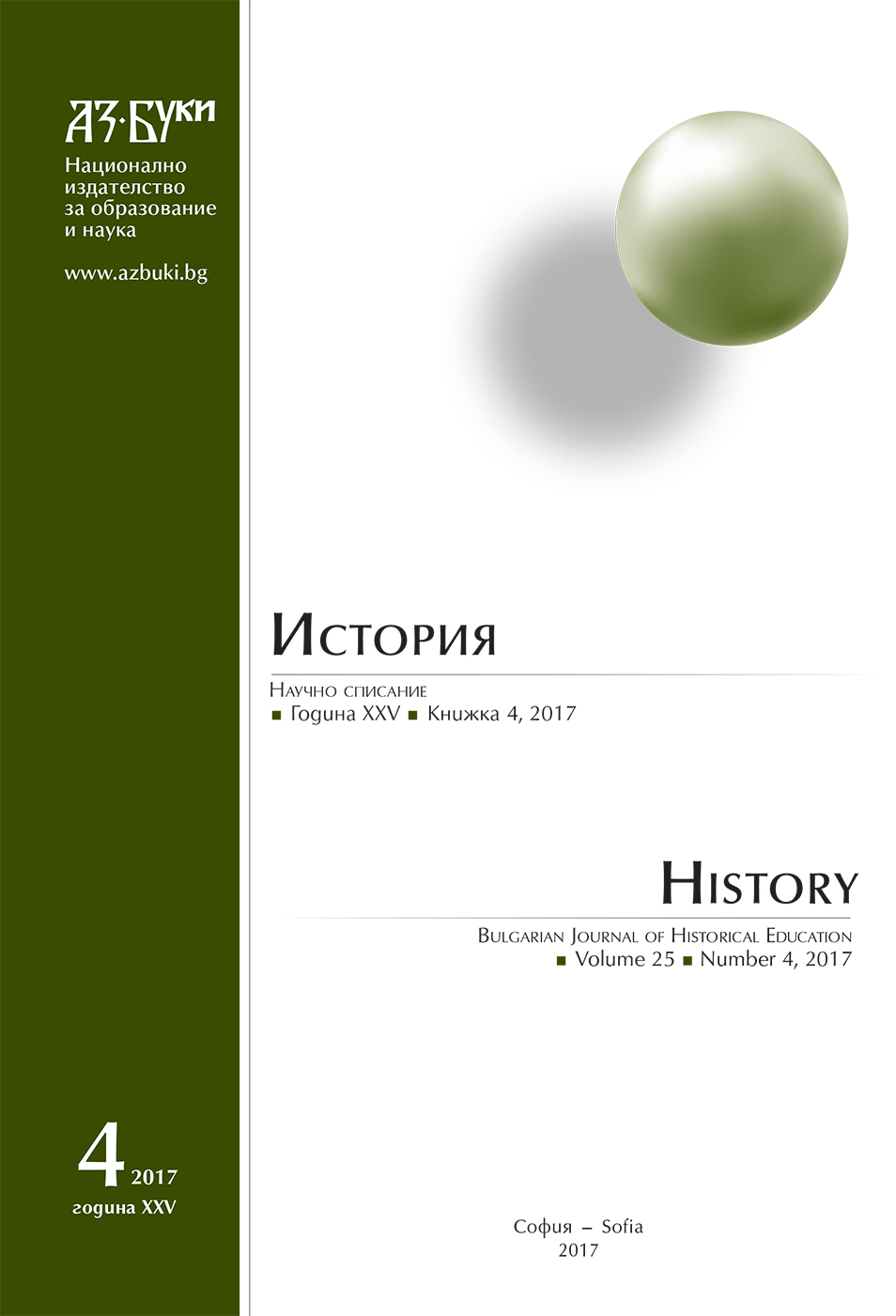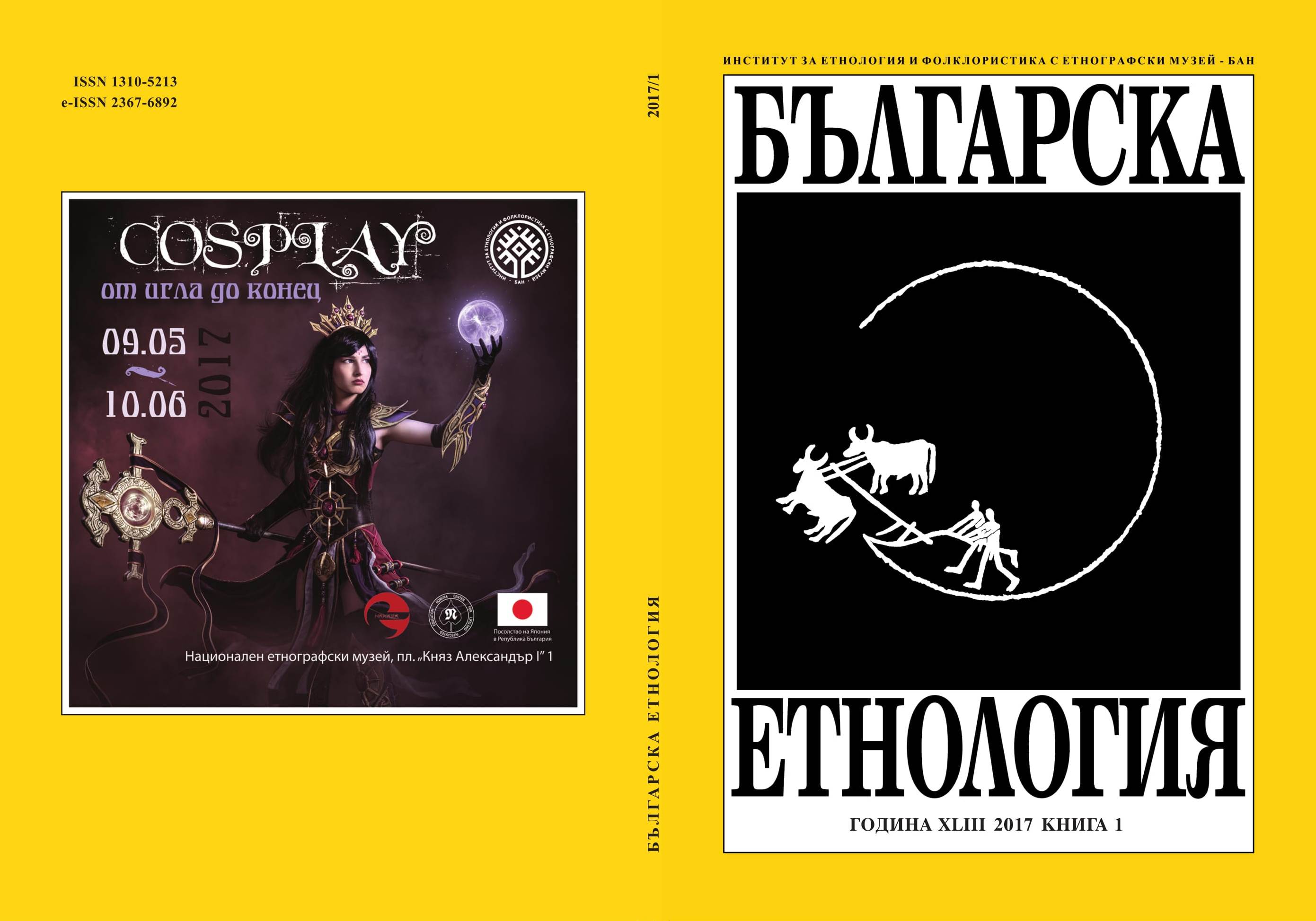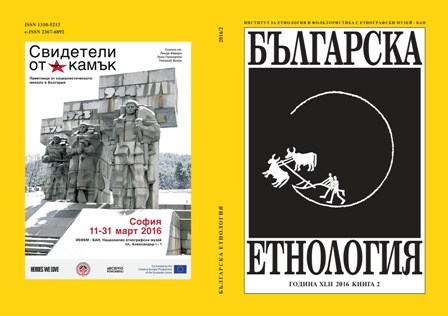
„Чикаго – българският град“ – поглед отвън и отвътре
By using the methods of the ethnological research, the present article presents the dynamic of the state of the Bulgarian community in Chicago and its manifestations,as well as the reasons behind the designation of Chicago as the „Bulgarian city“not only by the local Bulgarian group but by the „others“ as well – the society, the authorities and the media in the United States. The study focuses on the spaces ofthe Bulgarians in Chicago and the metropolis, the representative institutions of thecommunity – its churches, schools, cultural and public institutions, the media, thefeasts, the events as well as the places of memory. As a certain manifestation of self-confidence and successful integration of the local Bulgarians in the multiculturalenvironment of Chicago, the article analyses also the book „Chicago – the BulgarianCity“ in which the Bulgarian community describes and identifies itself. This book as well as the examination of the social life and cultural activities of the Bulgarians in Chicago and the suburbs show that the diaspora is interwoven in the American social structure but at the same time maintains its own parallel structure which fits the American nation with its specific character.
More...
